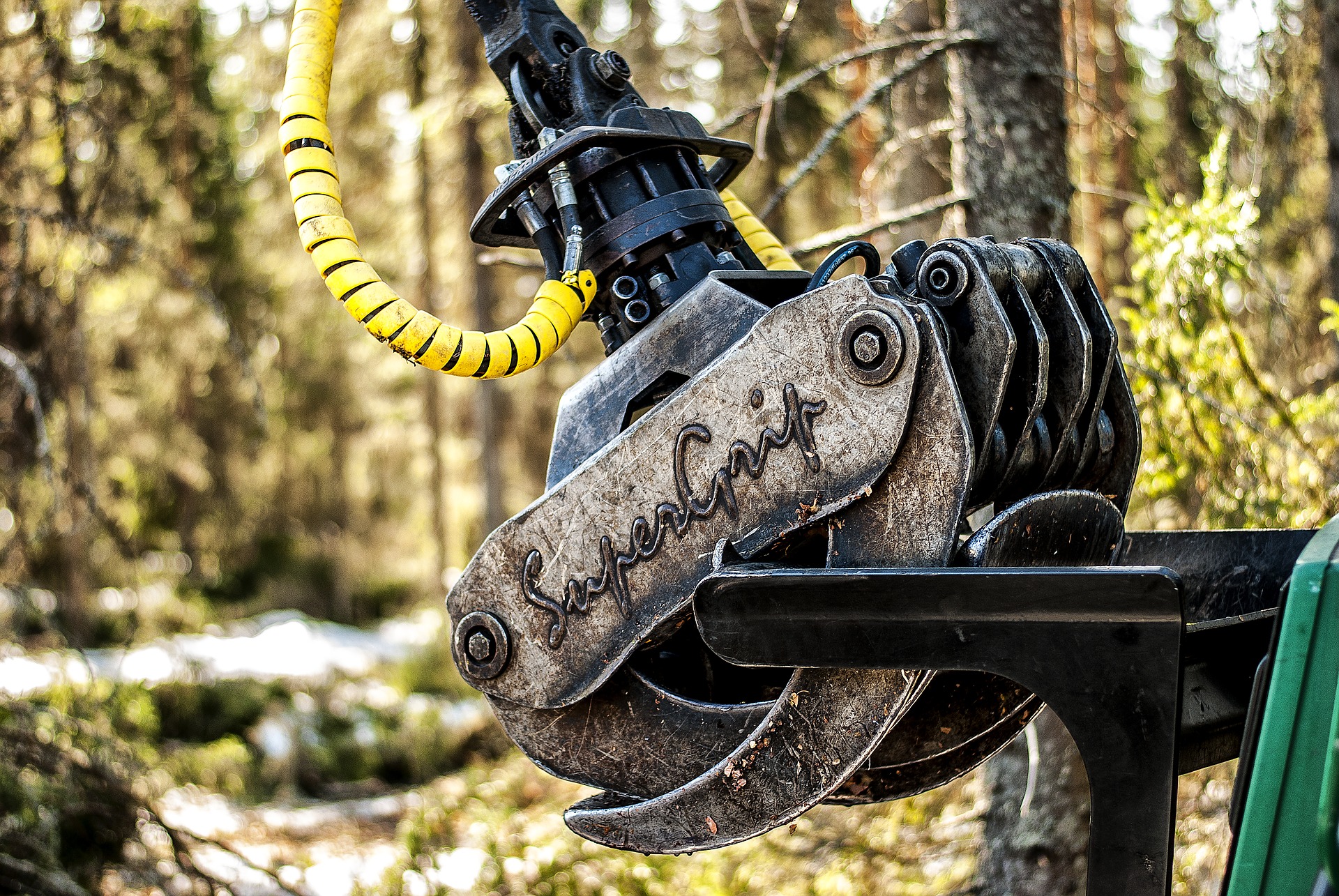
The forest industry announced on 1 October that it will no longer participate in collective bargaining. The decision was prepared secretly and left both unions and the nation flabbergasted. The existing seven collective agreements are valid until they expire either at the beginning or during the year 2022. After that, every company or factory must make their own agreements.
This is a situation that is completely new in modern Finland. Unions have existed for more than one hundred years and in January 1940 – in the middle of the Winter War against the Soviet Union – employers accepted unions and the Confederation SAK as partners in collective bargaining.
But now, the Finnish Forest Industries Federation FFIF claims that collective agreements are too rigid and restrictive as individual companies are very different from each other. Therefore they want to speed up agreements at company and factory level. The solution is to close the door to the unions.
Petri Vanhala, President of the Paper Workers’ Union said in the newspaper Maaseudun Tulevaisuus that paper mill salaries are already very much agreed at company level. There are no pay grade tables, only for the lowest seasonal pay, and after that locally agreed salaries. These do vary a lot even within any one company, he pointed out.
Since the bomb-like announcement, there has been a lot of speculation as to what all this means. No one knows for sure. However, what most analyses conclude, is that the decision is historic, dramatic, has many political aspects, too, and that it is very difficult to know what will follow.
The forest industry has more than 150 factories in Finland. The branch directly employs 42,000 people in Finland. If all these factories must negotiate their own agreements, it will lead to major difficulties as there is no experience – on either side- to negotiate on all terms of work even at the smallest workplaces.
Unions will stand up for their members
It is clearly not too daring to say that one of the forest industry goals is to cut pay. Jussi Pesonen, CEO of UPM paper mills said in August that salaries at paper mills are 30 per cent too high in comparison with competing countries like Germany. In 2017, the employers lobby EK President Veli-Matti Mattila said that salaries in general are 10 – 15 per cent too high in Finland.
One strategy to get salaries down might be to trigger competition between factories inside one company. For instance, a major paper manufacturer can say that they have to close one paper mill. Which mill stays open then depends on which one is operating at the lowest cost – the cheapest to run in other words.
Another reason to end collective bargaining is the little disguised attempt to sideline the trade union movement. The forest industry said that they are ready to reach agreement with anyone at workplaces. It can be the union or the union local chapter, but not necessarily either.
Unions have obviously been taken by surprise but have been moderate in their response so far. What is common to all statements is that the unions say they will not leave their members in the lurch and will still work for the interests of their members and make agreements.
“Local level agreements are already common practice in our forest industry branches. But if this is the will of employers’, we are ready to move bargaining more to the local level. The question remains whether negotiating becomes somehow easier when conducted at company level”, says Riku Aalto, President of the Industrial Union.
Jorma Malinen, President of Trade Union Pro stresses that thanks to collective agreements the predictable long time labour cost development and industrial peace have brought major benefits to employers. Now, the forest industry has signalled they are willing to give up this stability, Malinen adds.
Malinen sees the new situation more as an opportunity than a threat to the trade union movement. We need to raise the organising level to one hundred per cent, he says. This would provide a solid and strong basis to negotiate company level agreements.
Sauli Väntti, President of the Finnish Electrical Workers’ Union also stresses that the union will take care of the interests of their members in the future, too. The union believes that the new situation will make all unions concerned work more closely together.
Helsinki (05.10.2020 – Heikki Jokinen)